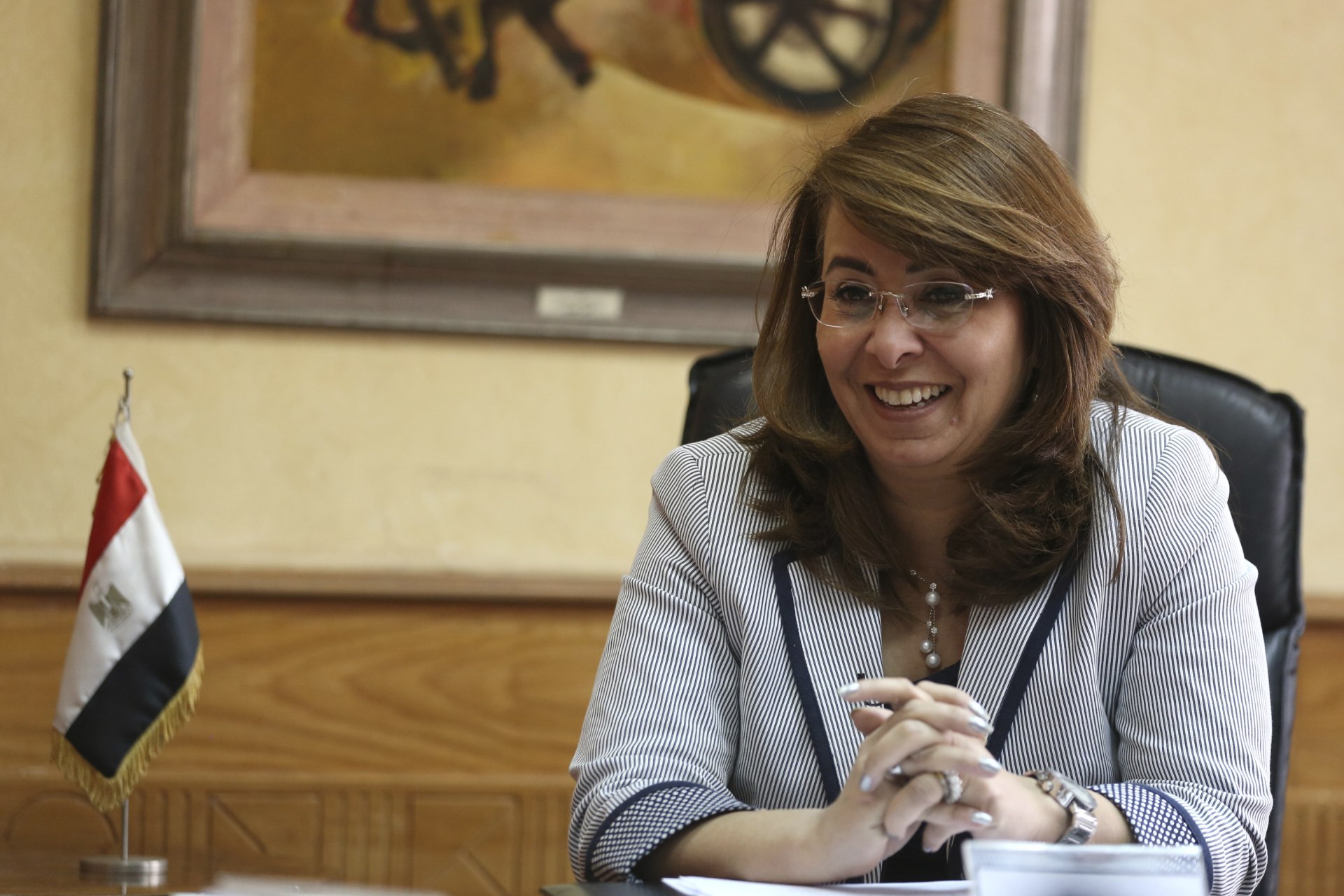Women This Week: Women Ministers in MENA
Welcome to “Women Around the World: This Week,” a series that highlights noteworthy news related to women and U.S. foreign policy. This week’s post, covering June 16 to June 23, was compiled with support from Lucia Petty and Rebecca Turkington.

By experts and staff
- Published
By
- Rachel B. VogelsteinDouglas Dillon Senior Fellow and Director of the Women and Foreign Policy Program
Egypt and Jordan Appoint Record Number of Women Ministers
Egyptian Prime Minister Mostafa Madbouly announced his new government, including eight women ministers, who comprise a historic 25 percent of the cabinet. The same week in neighboring Jordan, activists celebrated a record number of women ministers, with 7 appointments of 29 cabinet seats in the new government given to women. Despite growing numbers, female government officials are less likely to hold positions with greater political clout, such as ministers of foreign affairs, defense and justice. Egypt is no exception, and new women ministers have primarily portfolios that are traditionally held by women, including social solidarity, culture, tourism, environment and health.
Iranian Women Permitted in Sporting Stadium
The same week that 10,000 Iranian women travelled to Russia to see Iran play in the World Cup, the Iranian Interior Minister allowed women into the Azadi Stadium for the first time in 37 years to watch a televised game. Many who travelled to Russia to see their team play used the World Cup as a platform to protest the longstanding unofficial ban on women entering stadiums. This isn’t the first time that soccer has illuminated the restrictions that women face in Iran: in 2015, Niloufar Ardalan, an Iranian soccer star, wasn’t able to compete in an international tournament because her husband refused to grant permission.
Domestic Workers Protest in Hong Kong
Last week, domestic workers in Hong Kong held a historic march to demand better living and working conditions. The protests came ahead of International Domestic Workers’ Day, dedicated to the over 67 million domestic workers worldwide—80 percent of whom are women—who generally have lower wages, and fewer benefits or legal protections than other workers. The 380,000 domestic helpers in Hong Kong are under a government-regulated contract that offers very few legal and social protections. Migrating for domestic work is often the best option for women to make a living, but working conditions fall far below labor standards set for other industries.